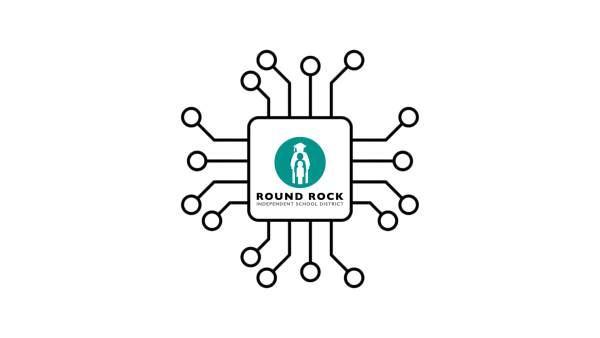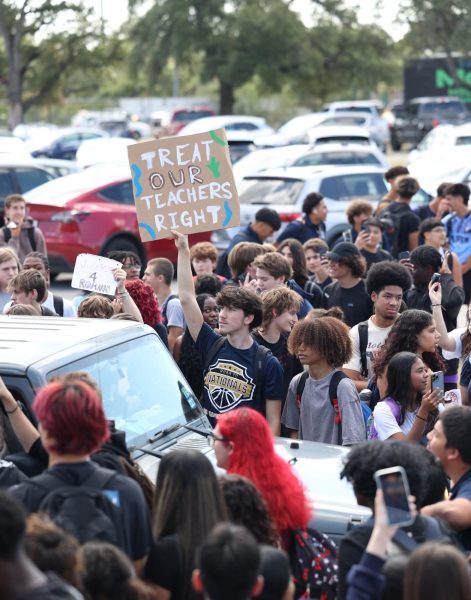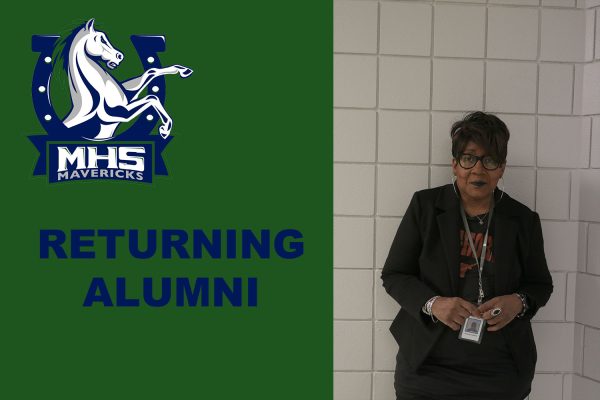How RRISD Should Prioritize Student Mental Health

Image by Shutterstock
Today, the scope of the adolescent mental health crisis isn’t ignorable, and most people are aware of this. A World Health Organization study found that one in three high school students suffer from a mental health disorder. At Gunn High School in Palo Alto, California, four students took their lives within a single year after intense academic pressure. While not at the same scale, this is happening elsewhere.
Obviously, there’s a lot to be said about how society systemically has contributed to this: the college admissions process requires applicants to have stellar standardized tests scores, grades in AP and honors classes, sports and extracurricular activities, all while trying to remain happy. Social media and the lingering effects of the pandemic have not helped either, and putting up flyers of the Suicide Hotline phone number is simply not enough. Adequate policies must be created in order to support students.
For example, Eanes ISD in Austin schedules “No Homework Nights” across the district to allow students and their families to spend time together without impending due dates looming over them. Another of their policies allows students a request to postpone one test if they have four or more scheduled in a day. Of course, safeguards against students abusing this policy are put in place: the form requires students to obtain signatures from all teachers involved, and if the student forges a signature, they will receive a score of zero and a referral. Eanes ISD consistently produces good results in test scores, extracurricular activities, and all the conventional measures of student success. Mental health accommodations will not reduce learning and in fact have better outcomes.
In addition, mental health workshops and increasing the amount of therapists/mental health counselors on campus are several methods proven to improve student mental health. Guidance counselors are overburdened from dealing with discipline, arranging classes and acting as mental health support for too many students. When ratios are higher than 1:250, there is no way to focus on high performing students that are actually suffering. This is the case in most districts across the nation, not just in Round Rock. A greater volume of guidance counselors would help to alleviate the crisis.
Even voting adults and RRISD families can play a role as school board elections approach. Electing candidates that prioritize district reforms and respectfully voicing concerns at board meetings can help solve the problem by refocusing the policies created onto student needs.
Everyone, from policymakers to parents, has a way to address the mental health crisis and prioritize students.
Your donation will support the student journalists of McNeil High School. Your contribution will allow us to purchase equipment and cover our annual website hosting costs.










